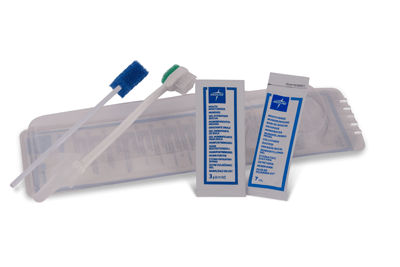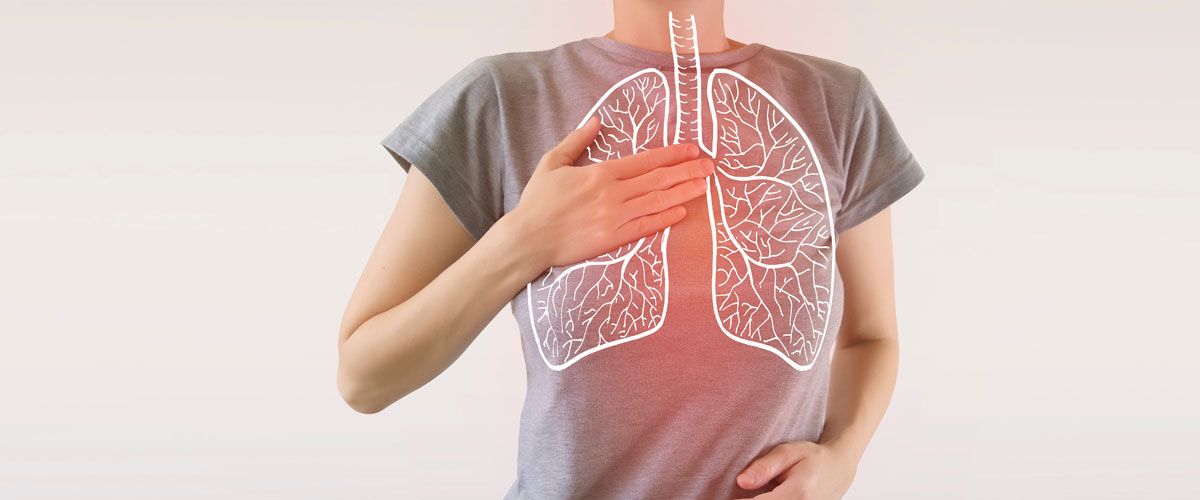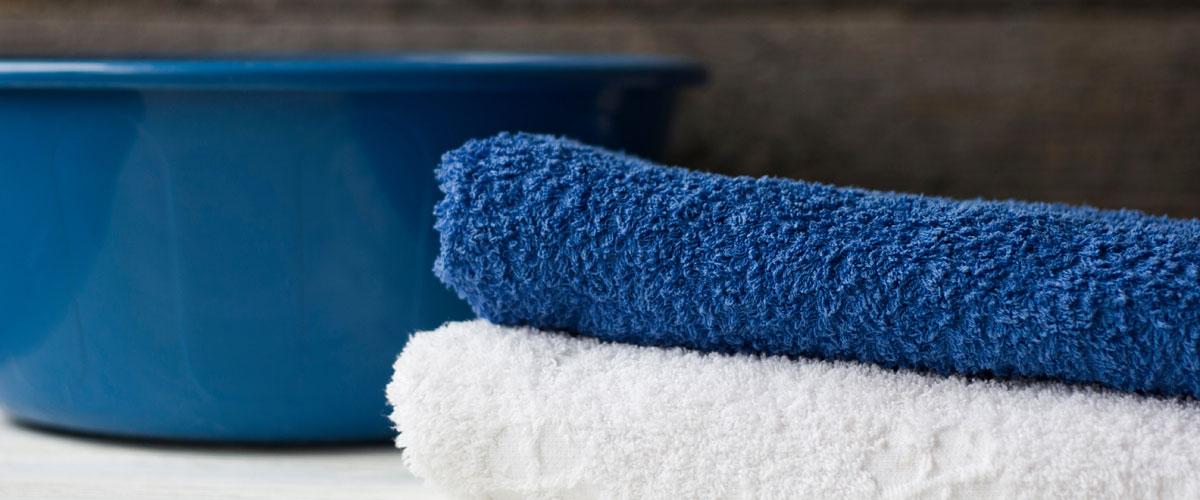The importance of oral care on patients’ general health and well-being cannot be underestimated. Very often, when talking about oral care in hospitals, we focus on mechanically ventilated patients with a high risk of contracting ventilator-associated pneumonia (VAP). However, lung infections are not only a risk for mechanically ventilated patients. Non-ventilated patients with compromised health are also at great risk.
What causes dysphagia?
Dysphagia can be defined simply as difficulty in swallowing. Oral care is especially important for patients with dysphagia. Patients with dysphagia need more effort and time to move food from their mouth to their stomach. Usually, dysphagia is caused by other medical conditions, including:
- Stroke
- Parkinson’s disease
- Mouth or oesophageal cancer
- Gastro-oesophageal reflux disease (GORD)1
- Cerebral palsy (in the case of children).1
Aspiration pneumonia as a consequence of dysphagia
One of the complications which dysphagia can result in is aspiration pneumonia. Dysphagia patients frequently experience silent aspiration because the cough reflex may be missing when food or fluid, such as saliva, enters the airway. Thus, they might be unaware of the food or liquid in the airway system, which can introduce new bacteria.
The treatment and management of aspiration pneumonia will depend on the severity of the condition and the patient’s overall health before acquiring pneumonia. Hospitalisation may be needed for some people, and there will most likely be use of antibiotics. Patients with dysphagia will be treated further for the cause of dysphagia and would also need to take precautions to manage symptoms of the difficulty in swallowing (e.g. regurgitation, drooling, heartburn etc.).
What are the objectives of dysphagia management?
Poor oral hygiene further increases the chance of developing aspiration pneumonia. It is, therefore, very important to manage aspiration pneumonia, since it increases mortality and morbidity rates, as well as medical costs.² Even though the aspiration in dysphagia cannot be completely prevented, the quality of the aspirated saliva can be improved by ensuring better oral hygiene and pharyngeal health.3
Patients with dysphagia who are dependent on extra help for oral care, bedridden or have lower alertness are more likely to have poor oral hygiene, increasing the likelihood of developing aspiration pneumonia.4 Those patients need extra attention and care to reduce this risk.
Oral care recommendations for managing dysphagia
To help decrease the risk of aspiration pneumonia, mechanically cleaning and removing plaque build-up in the mouth—paired with the use of toothbrushes or suction toothbrushes—is important. Further mechanical cleaning and the removal of secretions, with help from sponge swabs, are helpful processes in decreasing pneumonia-related risks. Additionally, many dysphagia patients are elderly people who have dentures. Plaque can build on dentures, facilitating colonisation by bacteria, which might lead to pneumonia.3 As such, it is important to clean and remove plaque from dentures with denture brushes and remove the dentures before going to sleep.
Medline can help. There are several oral care solutions on offer that support dysphagia management in a range of healthcare facilities, helping to improve clinical outcomes. Explore the range of items on our oral care page.


Zeynep Ergeneci
Product Manager ReadyCare, Personal Care, Advanced Wound Care and Repositioning & Offloading, Medline Europe
Zeynep, originally from Turkey, came to the Netherlands in 2020 to complete her Master of Science in Economics. She graduated in 2021 and completed an internship in sales analysis. After that, she joined Medline Europe and is currently managing Medline’s urology and ReadyCare portfolios. Zeynep has a passion for travelling, exploring new cultures and really enjoys nature. Learn more on Linkedin.
References:
1 NHS website. (2021, November 18). Dysphagia (swallowing problems). Nhs.Uk. https://www.nhs.uk/conditions/swallowing-problems-dysphagia/
2 Leistner R, Kankura L, Bloch A, Sohr D, Gastmeier P, Geffers C (2013). Attributable costs of ventilator-associated lower respiratory tract infection (LRTI) acquired on intensive care units: a retrospectively matched cohort study. Antimicrobial Resistance and Infection Control 2(1):13.
3 Matsuo, K. (2016, October 4). Role of Oral Health in Dysphagic Stroke Recovery. SpringerLink. Retrieved September 12, 2022, from https://link.springer.com/article/10.1007/s40141-016-0135-4?error=cookies_not_supported&code=13e3c6ff-3378-409c-a570-1cf6cabaea27
4 Weimers, M. J. (2021, July 30). Pathogenic oral bacteria in hospitalised patients with dysphagia: The silent epidemic | Weimers | South African Journal of Communication Disorders. Retrieved September 12, 2022, from https://sajcd.org.za/index.php/SAJCD/article/view/798









